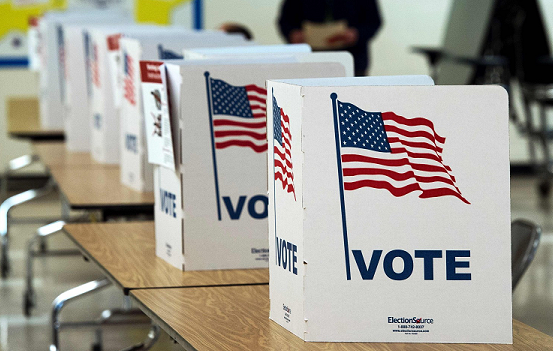
Ohio’s governor has ordered polling stations in the state to close as the Covid-19 pandemic disrupts vast swathes of American life.
The state was one of four due to hold Democratic primary votes on Tuesday.
However, Governor Mike DeWine has closed polls following a state supreme court decision allowing the vote to be postponed.
Other Democratic contests to choose a nominee to take on President Donald Trump have also been disrupted.
Mr DeWine made the decision to close in-person voting sites soon after Americans were warned by the White House to avoid groups of 10 or more.
On Tuesday, another Republican governor, Larry Hogan of Maryland, said his state’s primary contest would be postponed from 28 April to 2 June.
Millions of people are sheltering in their homes as the Covid-19 transmission rate grows.
The outbreak has interrupted the primary contest season in the US as Democrats hold state-by-state votes to pick a candidate who will challenge Mr Trump in November.
It is now a two-man race between Vice-President Joe Biden and Senator Bernie Sanders.
Four states had been scheduled to vote on Tuesday – Arizona, Illinois, Florida and Ohio – but now only the first three will go forward as planned.
Georgia, Louisiana and Kentucky have already postponed their contests due to the outbreak. Wyoming has suspended in-person voting.
Mr Trump has said the nationwide coronavirus emergency could last until the end of the summer or even longer.
The White House on Monday advised Americans not gather in groups of more than 10 for the next 15 days, and to avoid bars, restaurants, food courts, gyms and crowds.
The country is facing “an invisible enemy” that is “so contagious,” Mr Trump said.
The US has so far had nearly 6,000 confirmed cases of Covid-19 and about 100 deaths.
There have been nearly 200,000 cases globally and approaching 8,000 deaths, according to a tally from Johns Hopkins University.
How are US states responding?
At least 40 US states have declared an emergency over the virus, and 29 states are shutting schools.
Millions of Americans are already working from home and city centres around the country – including Times Square in New York – are drastically less crowded.
On Monday, officials in the San Francisco Bay area issued a sweeping shelter-in-place order affecting nearly seven million people.
San Francisco is placing itself on lockdown for three weeks from midnight on Tuesday. The California city will legally ban residents from venturing out of their homes except to meet basic needs including buying groceries or medicine.
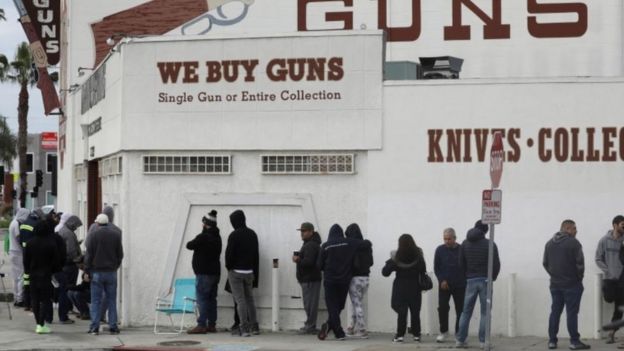
New York, New Jersey and Connecticut announced a tri-state approach to closures, with a shutdown of bars, restaurants, cinemas, casinos and gyms from Monday night for “as long as necessary”.
Pennsylvania, the District of Columbia, Ohio, California, Illinois, Michigan, Massachusetts and Washington state have also advised residents to avoid bars and restaurants.
For the first time in over a century, the US Supreme Court postponed oral arguments.
A Kentucky coronavirus patient has meanwhile been placed under police guard after refusing to quarantine himself.
A local judge declared a state of emergency in order to force a “self-isolation” on the unnamed 53-year-old man.
A Texas person was charged with making a “false report” after posting on social media over the weekend that they had tested positive for the virus.
CNN reports that Mr Trump’s Mar-a-Lago resort in Florida is closed for deep cleaning after several individuals who visited the golf club tested positive for coronavirus.

The Democratic primary season has crashed headlong into the growing coronavirus pandemic.
This was supposed to be a day of reckoning for Bernie Sanders, when Joe Biden posted dominating wins in a handful of major states – Florida, Ohio, Illinois and Arizona – and effectively secured the Democratic presidential nomination.
It may still end up that way, but Ohio governor Mike DeWine’s decision to postpone his state’s primary has changed the equation. The biggest story out of the day may be how the routines of American democracy – in-person ballot-casting, elderly polling-place volunteers and the occasional crowded rooms and long queues – can exist in a time of contagion.
The other states – including those, like Florida, with older populations – have decided to go ahead with their balloting as best they can. It remains to be seen what turnout will look like and if that shapes the results.
With a presidential election looming, however, the challenges and issues being raised now – for example, when and whether a political leader can order voting postponed for public health reasons – could be just a taste of things to come. The stakes will be even higher in November.
Source: bbc.co.uk



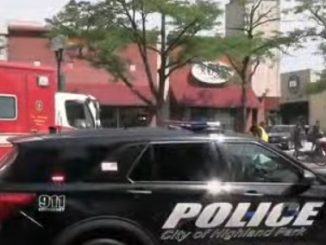
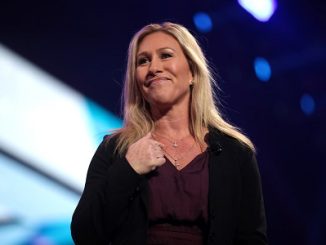
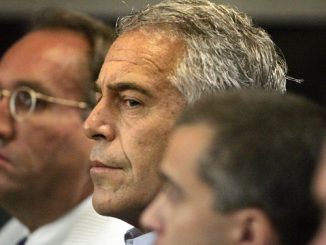
Be the first to comment